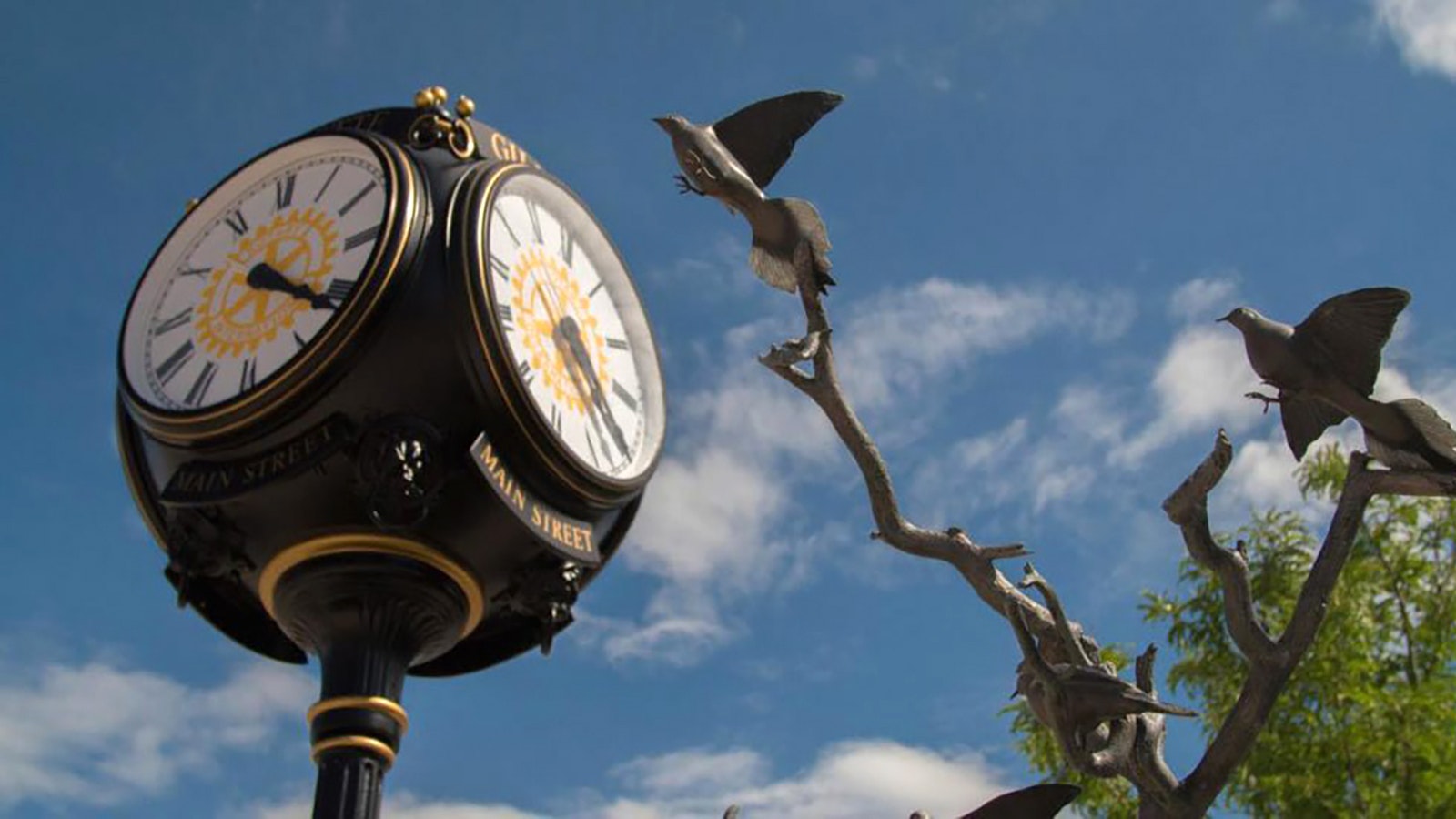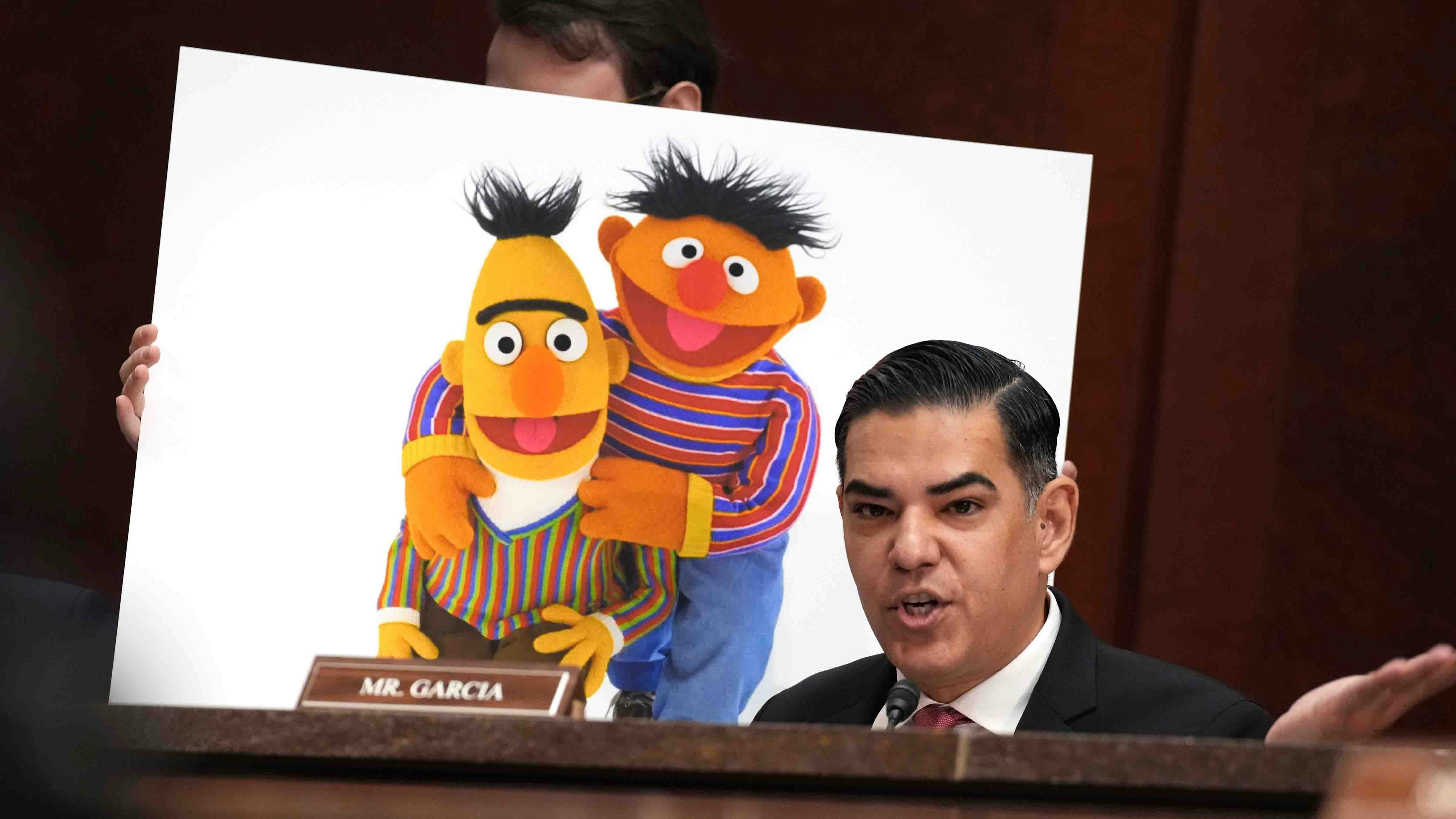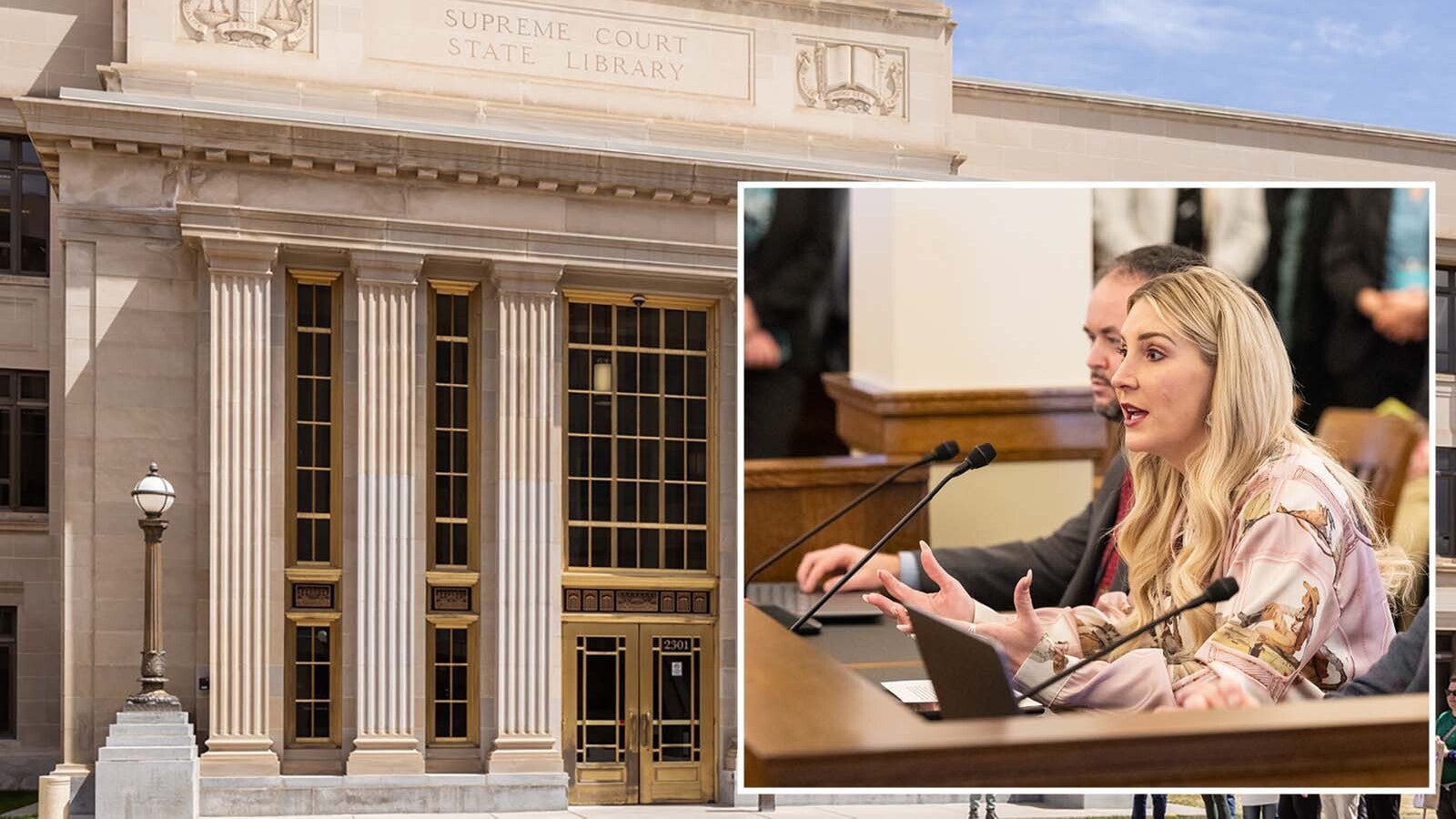If you fail to eliminate having to change your clocks twice a year because of daylight saving time, there’s always time to try again.
Despite repeated efforts to do away with the dreaded clock change in Wyoming, Cowboy State residents and most Americans will grudgingly wind set their clocks back an hour early Sunday morning.
Wyoming and 18 other states have passed legislation calling for making daylight saving time permanent — but only if federal law allows it. Federal regulations prevent states from adopting permanent daylight saving time on their own.
A 2022 Monmouth University poll shows that 61% of Americans favor getting rid of those twice-annual clock changes. The survey also found that 44% of Americans prefer making daylight saving time permanent, while 13% want to operate on standard time all year.
While proposed changes in federal law, such as the Sunshine Protection Act, have yet to pass, at least 29 U.S. states this year are contemplating or have already considered legislation to eliminate these clock changes. However, there is less momentum compared to previous years, according to the National Conference of State Legislatures, with no legislation passed enacting permanent daylight savings time in 2023.
In Wyoming, state Sen. Dan Laursen, R-Powell, has been the state’s foremost champion for making daylight saving time permanent.
In 2020, Laursen sponsored a daylight saving time trigger bill in the Wyoming Legislature, which allows the state to observe daylight saving time full-time if surrounding states do the same.
So far, all of Wyoming’s neighbors except Nebraska and South Dakota have passed similar legislation.
Although Laursen’s bill was more of a symbolic show of solidarity against the federal government at the time, it allows Wyoming to default to Mountain Daylight Time as soon as the federal government passes related legislation.
What Would It Do?
The Sunshine Protection Act is a bill proposed by Republican Sen. Marco Rubio of Florida, who has introduced it in the U.S. Senate every year since 2018. In March, Rep. Vern Buchanan, R-Florida, introduced it in the House, and Rubio brought it back in the Senate.
Wyoming U.S. Sen. Cynthia Lummis said she supports Rubio’s bill and is “pro-daylight more of the time.”
“I’d like to keep daylight saving time year-round,” she told Cowboy State Daily.
Lummis said it can be very discouraging to come home from work when it is pitch dark out. Even a small amount of daylight can help battle the winter blues and make one feel that they didn’t completely miss out on what Mother Nature had to offer during the day, she said.
“If I’m going home from work, it would be nice to have a little bit of daylight,” she said. “It makes the day seem more usable.”
The bill would establish permanent daylight saving time nationwide and eliminate the annual “fall back” and “spring forward” as there would be no clock changes in the spring or fall.
If this law were to go into effect, the changes would be most noticeable during the winter months when clocks would otherwise be on standard time.
In general, daylight saving time means less light in the morning, impacting people with work and school schedules that are more likely to start the day in the dark. But it also means more light in the evening, a time when many people are more likely to pursue outdoor recreation and have free time.
Arizona, Hawaii and U.S. territories that refuse to roll their clocks forward and backward would be exempt from the law. These states and territories would continue using their current system of permanent standard time, provided by a loophole in a 57-year-old federal law that requires states to stay on daylight saving time. Any other state that adopted permanent standard time before the Sunshine Protection Act became law would also be exempt.
Institutionalized
Daylight saving time has been in place for nearly all of America since 1966. It was engaged year-round during World War II and adopted from 1973-74 to reduce energy use.
Although the Senate unanimously supported Rubio’s bill in 2022, the legislation has faced more opposition in the House.
Those hesitant to support the daylight saving time bill have expressed concern about darker winter mornings that could negatively affect children’s sleep cycles and their ability to perform in school.
In the meantime, people in Wyoming will be stuck setting their clocks back an hour at 2 a.m. Sunday.
Leo Wolfson can be reached at leo@cowboystatedaily.com.





